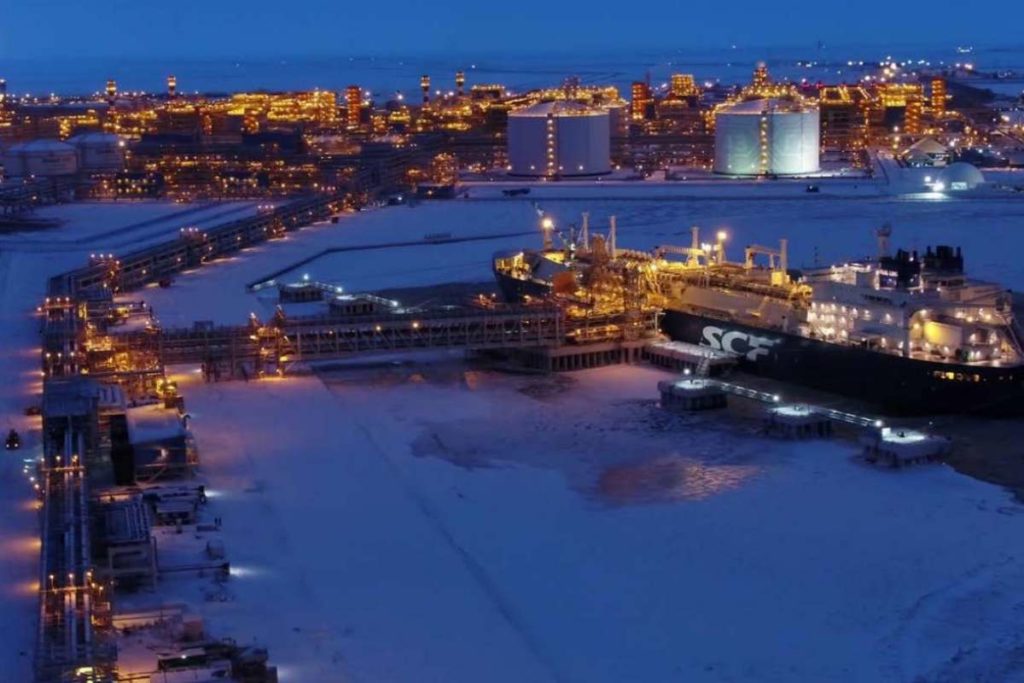The 3 Stages of LNG Loading Master Operations

Estimated reading time: 5 minutes

LNG Loading Master & Certification
Recent years have seen rapid growth in the global market for LNG, with volumes of exports and imports up 10% in 2018 alone. BNEF’s Global LNG Outlook 2019-2023 sees LNG supply jumping by 33 million metric tons per year in 2019, reaching a record 358MMtpa, with the U.S. Gulf Coast, Australia and Russia commissioning or expanding export facilities. With notable increase in imports this year, Thailand is the region’s leading LNG importer.
Fuelled by the growth in LNG demand and LNG buyers, there is an increase in the number of LNG supply projects. Hence, leading to the demand for trained personnel in LNG terminals and ships. The unique physical and chemical properties of LNG bear risks and hazards for all ship personnel. Hence, they need to be well understood and modern terminals have incorporated numerous safeguards in the design, construction and operation of the facility.
The difference in an LNG loading master operation is that it requires a different loading arm due to the nature of the liquid. As LNG loading is done at a temperature of -159 degree Celsius, regular steel loading arms or rubber hoses cannot be used. Instead, a special loading arm made of a low temperature alloy is used. These loading arms are hydraulically operated and fitted with emergency release couplings and emergency release system.
The 3 stages of LNG loading master operations are:
- Pre-loading operation
- Loading operation
- Post-loading operation
- Pre-Loading Operation
It begins after the loading master confirms that the LNG vessel is secured at berth and main propulsion units are isolated. Then, the terminal gangway is put in place and the terminal ship-shore link (SSL) is connected. A series of tests is then conducted by various ship personnel including the ESD Logic Test, the joint safety inspection tests and the Custody Transfer Measurement System (CTMS). The loading master plays a key role in overseeing that all the technical aspect of the pre-loading operations is done correctly and the various procedures adhere to safety standards and industry practices.
- Loading Operation
The duties of an LNG loading master during the loading involves close monitoring of the ship’s tank and manifold pressure, cargo tank temperatures, checks on deck and manifold and checks for leakages. With a typical transaction in the LNG market costing up to $4 million of product per hour, there is no surprise that the loading operation requires close monitoring by key personnel at all times. Read more about the 4 essential elements that has to be accurate for a precise measurement of LNG transfers.
On top of that, due to the flammable nature of LNG, a loading master must be aware of the safety procedures when tackling LNG fires. LNG operators have a shared concern and responsibility towards providing a safe and environmentally sound operation of the LNG facilities, for both ships and terminals.
- Post-Loading Operations
The 4 key stages in the post-loading operations include LNG Tank Gauging, Loading Arms Disconnection, Post-Loading Meeting and Vessel Departure. This involves the safe disconnection of the loading arms and handling of the required cargo documents.
Aside from the operation aspect, the job role of an LNG loading master differs too. An LNG loading master must be knowledgeable in the special requirements in handling LNG, seen in the difference in terminal operations as well.
LNG Loading Master & Certification is a 3-day training course held from 21-23 November 2022. After attending this certification course, you will be able to understand and perform all aspects of the LNG Ship/Shore Interface and safely perform loading masters duties and responsibilities such as ship/shore safety checklist, understanding volume, handling cryogenic substances and the entire custody transfer process.

